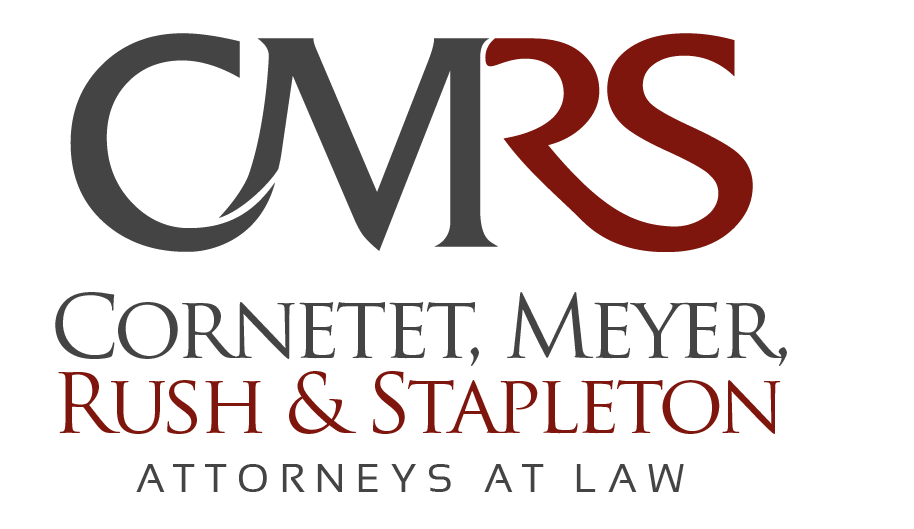If you’ve taken on the role of successor Trustee, the following provides essential instructions on how to navigate your responsibilities. Please ensure you have a copy of the Trust for reference.
Note that this is a general guide, not a replacement for qualified legal advice. Feel free to contact our office to schedule a free initial consultation.
Acceptance of Your Role as Trustee
Upon accepting your role as Trustee, obtain a copy of the Trust for your records. You will also receive the Tax Identification Number for the Trust and instructions on how to open a bank account specific to the Trust.
If you are unable or unwilling to continue as Trustee, notify the successor Trustee named in the Trust.
Understanding Your Powers as Trustee
Your powers and authority as Trustee are likely outlined in the Trust, but those powers may be incomplete or no longer accurate if Ohio has changed since the Trust was created. Take the time to review the powers sections.
Special Circumstances with Beneficiaries
If any beneficiaries are under 18, disabled, or receiving government assistance, inform your counsel promptly. There may be specific provisions in the Trust that affect the distribution process.
Handling Retirement Plan Assets
If the Trust is listed as a beneficiary on any retirement plan assets, ensure that the necessary documentation is provided to the IRA custodian by October 31st of the year following the owner’s passing. This is a crucial duty to fulfill as Trustee.
Reimbursement and Compensation
You’re entitled to reimbursement from the Trust for expenses incurred during administration. Maintaining clear records of these expenses is imperative, and any advances made will be secured against Trust property.
Please note that any compensation from the Trust is subject to personal income taxes. You have the option to waive compensation if you so choose. Additionally, any changes in the method or rate of your compensation must be communicated to the current beneficiaries in advance.
Trustee Duties and Responsibilities
Always act in good faith and in accordance with the Trust’s terms and the interests of the beneficiaries. Be sure to verify the listed beneficiaries and confirm their accuracy.
Avoid any transactions that could benefit you, your associates, or affiliated parties unless they fall under specific authorized circumstances outlined in the Trust.
Delegation of Duties
As Trustee, you may delegate certain duties and powers, such as working with a financial advisor, accountant, or attorney. Ensure you exercise care and caution when selecting and overseeing these agents.
Keeping Beneficiaries Informed
Regularly inform the beneficiaries about the Trust’s administration and any crucial details that pertain to their interests. Promptly respond to any beneficiary’s request for information related to the Trust’s administration.
Annual Taxes, Accounting, and Review of Investments
Filing annual tax returns for Trust income is a critical responsibility. Additionally, provide yearly accountings to beneficiaries and ensure the proper review of Trust assets.
Uniform Prudent Investor Act
Invest and manage Trust assets with the same prudence as a reasonable investor. Consider economic conditions, tax implications, and the unique circumstances of the Trust when making investment decisions.
Feel free to reach out if you have any questions or need further guidance.
Here is a link to some other articles on this topic related to Estate Tax Planning.
- Secure Act and Estate Planning Tax Law Changes for 2020
- Gifting Taxes and Trust Estate Planning
- Opening Probate in Ohio
- Does a Transfer on Death designation solve everything?
- Ohio Probate Claims and Statutes of Limitations Summary
- Irrevocable Trust Reformations and Terminations
- Estate Tax Planning: SLAT, GRAT, & IDGT
- Summary of Key Estate Planning Tools
- What happens to your business after you die?
- Estate Planning and Cryptocurrency
- Estate Tax Update
